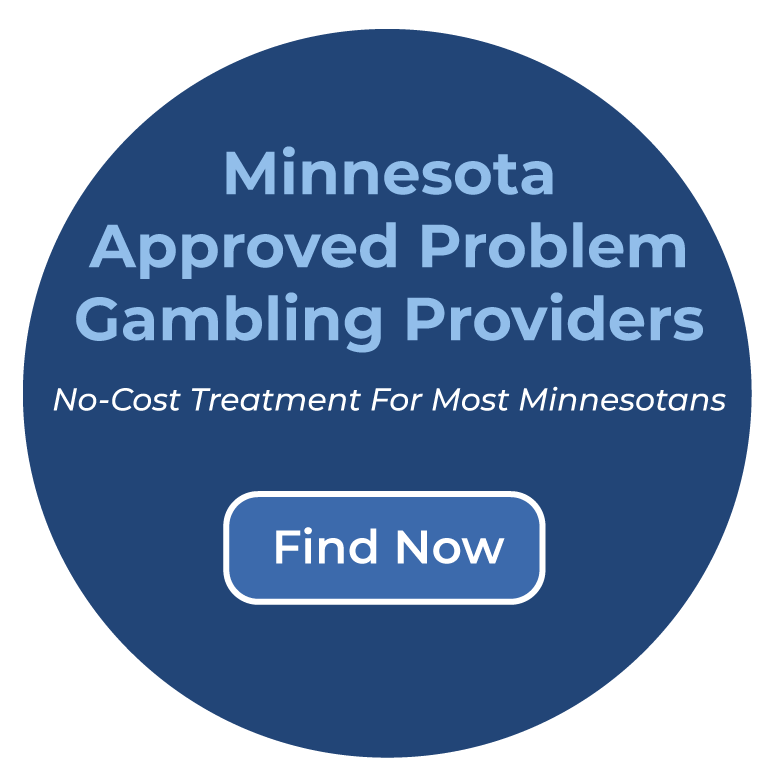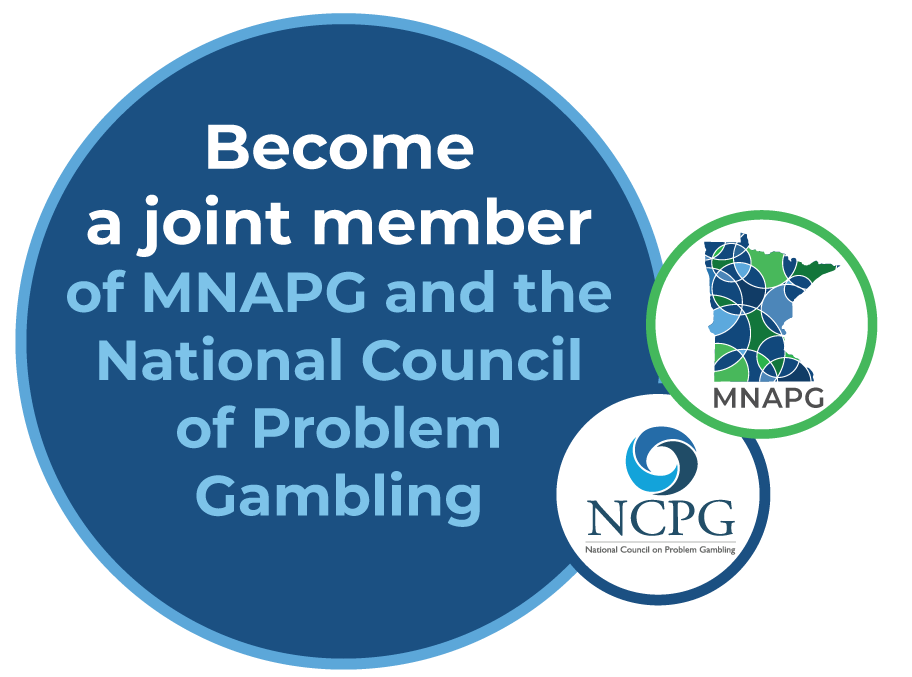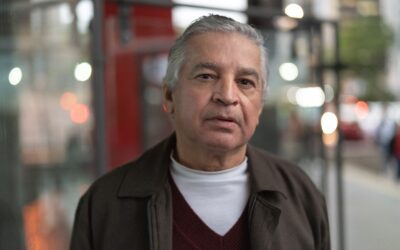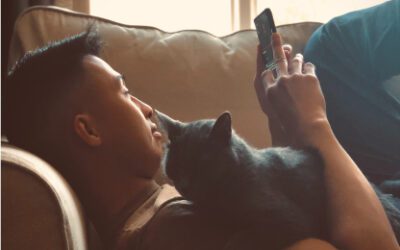Gambling Disorder
Mental Health and Addiction Providers
It’s important for mental health and addiction providers to have an awareness and understanding about gambling disorders. Over 250,000 Minnesotans have mild to severe problem gambling and it’s a common co-morbidity with mental health disorders and substance use disorder. Therefore, it’s important to screen and make referrals when a client is experiencing a gambling disorder.
Finding Help for a Gambling Disorder
If you need to refer your client to a gambling treatment professional in Minnesota, please call 1-800-333-HOPE (4763). Translation services are available.
If you have a client that may be indicating problematic gambling behavior, please reach out to an approved provider to initiate a full screening. If it’s determined the client would benefit from problem gambling treatment, work with the counselor to coordinate a joint treatment plan for your client. This arrangement will allow each addiction and/or mental health issue to be addressed together. Remember, gambling treatment is usually available at no cost to your client.
Telehealth sessions are available. Any Minnesotan may receive counseling services from an approved provider via video or telephone calls. Treatment is free for those with no private insurance or those with high deductibles. Family counseling is also available even if the gambler isn’t seeking help.
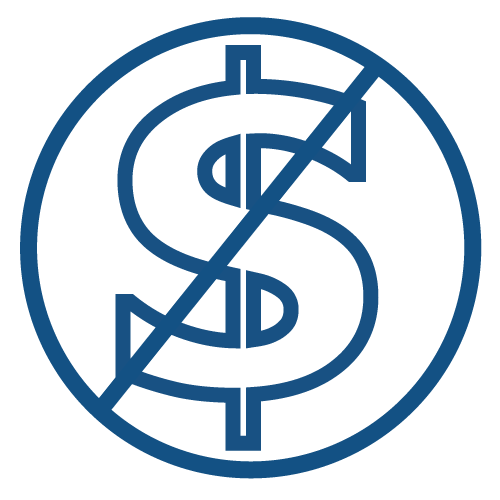
HELP IS AVAILABLE, OFTEN AT NO COST
Most Minnesotans with a gambling disorder and affected family members can get treatment, often at no cost through the state. The Minnesota Department of Human Services manages the gambling treatment program. If someone you are treating for other mental health or addictions is interested in gambling treatment and has little or no insurance, the cost of counseling is usually covered by the state as long as the individual sees a state-approved provider. Families are permitted up to 12 hours of counseling per year at no cost if they have no insurance coverage.
MINNESOTA APPROVED PROVIDERS
Carver County
Resilience Counseling
(612) 750-3376
dahnertmary@icloud.com
1107 Hazeltine Blvd, Suite 410, Chaska, MN 55318
Goodhue County
Midwest Recovery
(651) 846-9010
Info@midwestrecovery.org
midwestrecovery.org
217 Plum Street, Suite #130 Red Wing MN 55066
Hennepin County
Club Recovery Inc
(952) 926-2526
cjohnson@clubrecoveryllc.com
clubrecoveryllc.com
7701 York Ave S, Suite 350, Edina, MN 55435
Connections Counseling & Recovery Services
(763) 370-8880
Joyce Terhorst
joyce.connections@yahoo.com
7550 France Ave S, Suite 220, Edina, MN 55435
Midwest Recovery Inc
(612) 584-4858
info@midwestmn.com
midwestrecovery.org
1620 Central Ave NE, Suite 107, Minneapolis, MN 55413
Problem Gambling Intervention, LLC
(612) 558-5364
Roger Anton
rpanton@juno.com
Minneapolis VA Medical Center, 1 Veterans Drive, Minneapolis, MN 55417
Vinland National Center OP Services
(763) 479-4882
Don Raasch
donr@vinlandcenter.org
vinlandcenter.org
675 NE Stinson Blvd #200, Minneapolis, MN 55413
Itasca County
Lakeview Behavioral Health
218-327-2001
info@lakeviewbh.com
www.lakeviewbh.com
516 S. Pokegama Ave, Grand Rapids, MN 55744
Mille Lacs County
Freedom Center
(763) 308-0006
Cynthia Naumann
maumann.cindi@gmail.com
freedomcenterinc.org
140 2nd Ave NE, Milaca, MN 56353
Olmsted County
Christina Pristash
(507) 202-0701
Christina Pristash
pristashlmft@gmail.com
counselingrochester.org
1500 1st ave NE, Suite 120, Rochester, MN 55906
Ramsey County
Alcohol and Gambling Assessments
(651) 485-6229
Renee Collova-Bergee
reneebergee@comcast.net
1397 Geneva Ave N #102A, Oakdale, MN 55128
Pathways Counseling
(651) 734-5517
Jarrod Brown
jerrodb@pathwayscounselingcenter.org
1919 University Ave W, Suite 6, St Paul, MN 55104
Progressive Individual Resources, Inc.
(612)749-3309
info@pirimn.org
pirimn.org
2147 University Ave W, Suite 206, St Paul, MN 55114
Rice County
Midwest Recovery
651-846-9010
info@midwestrecovery.org
midwestrecovery.org
303 1st Street NE, Suite #365 Faribault, MN 55021
Saint Louis County
Center for Alcohol & Drug Treatment Gambling Services
(218) 723-8444
Paul McCormick
pmccormick@cadt.org
cadt.org
314 West Superior Street Suite 400, Duluth, MN 55802
Sherburne County
Freedom Center
(763) 308-0006
Cynthia Naumann
naumann.cindi@gmail.com
freedomcenterinc.org
105 6th Ave S, Princeton, MN 55371
Washington County
Bridges and Pathways Counseling
(612) 719-7966
Paul Mladnick
mladnick.paul50@gmail.com
1068 S Lake St, Suite 109, Forest Lake, MN 55025
Venthouse Counseling, Jason Walter
(612) 562-6766
Jason Walter LPC, LADC
aadrjay@gmail.com
venthousecounseling.com
8530 Eagle Point Blvd, #100, Lake Elmo, MN 55042
Alcohol and Gambling Assessments
(651) 485-6229
Renee Collova-Bergee
reneebergee@comcast.net
1397 Geneva Ave N #102A, Oakdale, MN 55128
Yellow Medicine County
Project Turnabout/ Vanguard Center for Compulsive Gambling
(320) 564-4911 or 1-800-862-1453
info@projectturnabout.org
projectturnabout.org
660 18th St, Granite Falls, MN 56241
Cass
Soul Solutions
(701) 356-7772
info@soulsolutions.org
soulsolutions.org
1801 38th St S, Fargo, ND 58103


GAMBLING DISORDER – THE HIDDEN ADDICTION
Gambling disorder, gambling addiction, is often referred as the “hidden addiction” because it has no visible symptoms, such as those associated with drug or substance use disorder. It’s an addiction that impacts over two million Americans.
GAMBLING DISORDER AS DEFINED IN DSM-5
According to DSM-5 diagnostic criteria, gambling disorder is defined as persistent and recurrent problematic gambling behavior leading to clinically significant impairment or distress. An individual with gambling disorder exhibits four or more of the behaviors listed in the DSM-5 over the course of a 12-month period.
Warning Signs of a Gambling Disorder
A diagnosis of gambling disorder (DSM-V) requires meeting at least four of the following during the last 12 months. Often referred as the “hidden addiction,” it can take some time before anyone notices that someone has a gambling problem. Gamblers by nature know how to bluff. Know the signs.
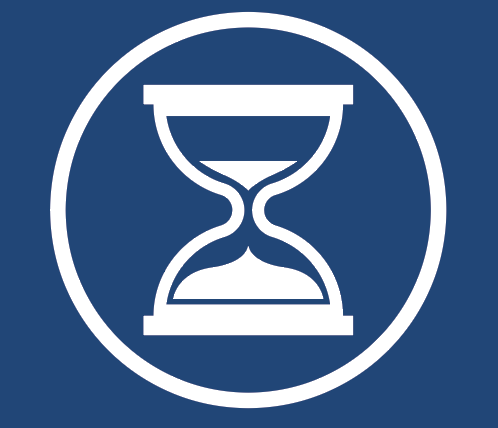
Gambling for longer periods of time than originally planned

Bragging about wins, but not talking about losses
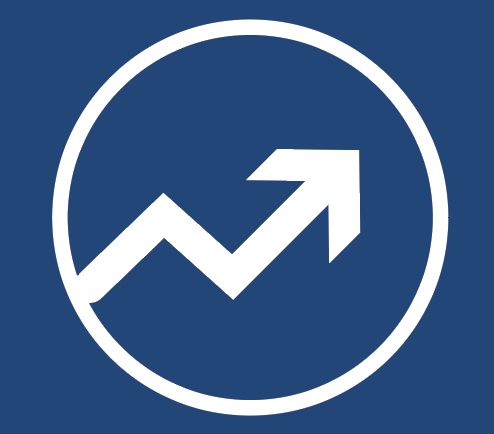
Increased frequency of gambling activity

Denying there is a problem
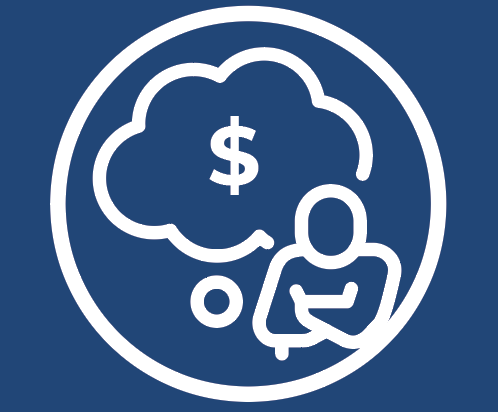
Lying about how money is spent
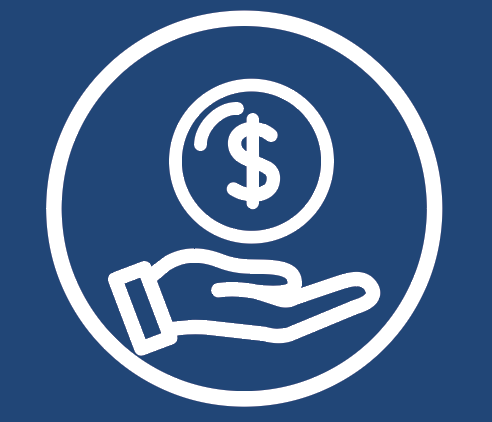
Pressuring others for money when financial problems arise
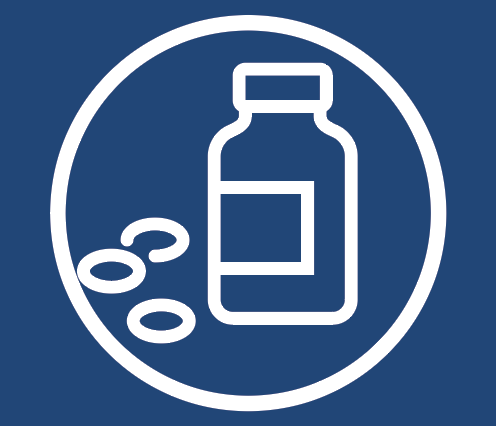
Escaping to other excesses (alcohol, drugs, sleep, video games, etc.)
Two voluntary, self-exclusion tools for online gambling sites.
Given that many gamblers may be moving online, especially during COVID-19 times, MNAPG is offering individual subscriptions for an online self-exclusion tool called Gamban. This tool enables the gambler to block tens of thousands of online gambling sites on all devices. MNAPG has purchased one-year subscriptions that can block up to 15 devices in one household.
If you are interested, please email sstucker@mnapg.org and a link will be provided to set up the account.
BetBlocker helps you, or those you care about, ensure that they can manage their access to gambling in a safe and appropriate manner. Whether that means restricting altogether, or limiting during periods of vulnerability, BetBlocker can help. Visit https://www.betblocker.org to download this free app.
SCREENING FOR A GAMBLING DISORDER
Screening, as a part of intake or later assessments, can help your client on their overall recovery by uncovering a gambling disorder. Unless you ask specifically about gambling, the individual is not likely to mention it or perhaps even make the connection.
Knowing you may have limited time, using the Brief Bio Gambling Screening can provide a quick indication of a possible gambling disorder. This consists of the following three questions:
1. During the past 12 months, have you become restless, irritable or anxious when trying to stop/cut down on gambling?
2. During the past 12 months, have you tried to keep your family or friends from knowing how much you gambled?
3. During the past 12 months, did you have such financial trouble as a result of your gambling that you had to get help with living expenses from family, friends or welfare?
If your client answers yes to any of the questions, it doesn’t mean they have a gambling addiction, but it’s worth having more conversation.
MNAPG Normative Feedback Tool
This is a survey in which your client will be asked a series of questions relating to their gambling preferences and their attitudes towards gambling. As they answer the questions, they will see how other Minnesotans have replied. At the completion of the survey, they’ll receive a report letting them know where they fall on the problem gambling spectrum. You can check out the survey yourself by clicking here.
GAMBLING DISORDER SCREENING TOOL KIT
MNAPG wants to encourage all who deal with clients with addiction and/or mental health issues to screen for problem gambling. Over 67% of those with gambling issues have a co-occurring issue. The screening kit offers a variety of resources in case your client answers yes to any one of the three questions. Early detection may minimize the harms that come with excessive gambling. Find it here.
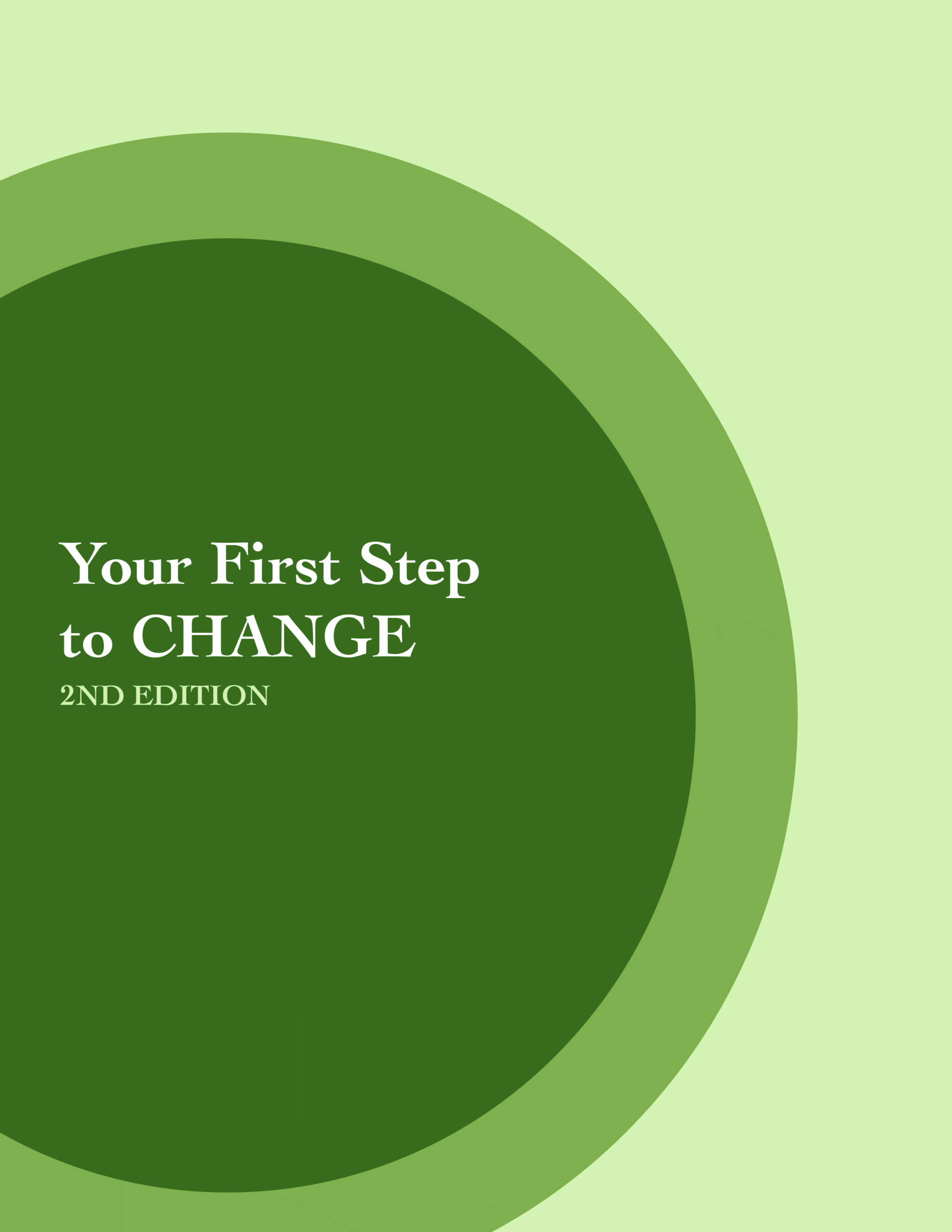


GAMBLING DISORDER SCREENING TOOL KIT
Screening Standards Manual NCPG
Gambling Assessment Manual NCPG
Your First Step to Change, 2nd Edition. A self-help toolkit of resources to help start the journey toward recovery from problem gambling behavior.
What is Gambling Disorder? One-page article describing Gambling Disorder from a mental health perspective.
Why Screen for Gambling? Evidence-based information about the importance of screening for Gambling Disorder.
The Brief Biosocial Gambling Screen. Our recommended brief screen for Gambling Disorder (a one-page, “printer friendly” screener)
Gambling Resources & Referrals. Additional problem gambling information and tools for self-help and referrals.
BBGS e-Screener. An electronic version of our Brief Biosocial Gambling Screen (only users see their results)
- The rate of current and lifetime substance abuse is higher among problem gamblers than that of the general population.
- Higher rates and severity of substance use are predictive of more severe gambling problems and vice versa.
- The greater the number of substances used the more likely severe gambling problems are experienced.
- Those with problem gambling behavior often have increased impulsivity, antisocial tendencies and the inability to control anger.
- Gambling at an earlier age increases the risk for multiple addictions and risky behavior.
- Those with gambling problems and comorbid substance use may make poor decisions because of increased impulsivity.
- The inability to accurately assess risk and impaired impulse control often occurs with gambling and substance abuse orders.
- Higher rates of gambling relapse may occur when there is a failure to treat comorbid substance use disorders.
- People with comorbid substance use and gambling problems are more likely to report other psychiatric histories.
Some helpful information about gambling disorder and its relationship to mental health disorders:
- High rates of gambling are often associated with mental health problems. Most problem gamblers have more than one psychiatric disorder.
- While there is correlation between comorbid problem gambling and other mental disorders, a causative relationship has not yet been determined.
- The activity of gambling may relieve other conditions, such as anxiety and depression.
- The early onset of gambling addiction is often associated with pre-existing depression.
- Gambling may worsen mental disorders such as depression and anxiety.
- People who have major mental disorders and are socially isolated are most at risk for problem gambling.
- Behavioral and motivational treatment of problem gambling has been shown to reduce use of psychiatric medication, suggesting that anxiety and depression may be secondary to gambling, at least in some people.
- Women are more likely to use gambling to escape depressed moods and anxiety. Women with a gambling addiction are also significantly more likely to seek treatment for their mood or anxiety disorder.
- Mood disorders are more common in problem gamblers than they are in the general population.
- People with bipolar disorder are more likely to have a gambling addiction than the general population.
- There is a correlation between those with high rates of anxiety and those with more severe gambling problems.
- People with ADHD have increased rates of problem gambling.
- Problem gambling is highly correlated with a variety of personality disorders, including antisocial, borderline and obsessive-compulsive personality disorders.
- Impulse control disorders (including kleptomania, impulsive shopping and impulsive sexual behavior) and purging-type eating disorders have high comorbidity with problem gambling.
Are there medications that can help gambling disorder?
- There are no FDA-approved medications for the treatment of gambling disorder; however, several studies suggest that medications used to treat other addictive and psychiatric disorders may reduce problem gambling.
- Trials evaluating the effectiveness of antidepressants for treating disordered gambling have produced mixed results.
- Overall, the trials on several medications have had small sample sizes and been short in duration. Thus, more research is needed.
- Suicidal thoughts and suicide attempts are much more likely to occur with problem gamblers than with the general population.
- Early onset problem gambling is associated with increased risk of suicide.
- Actual gambling-related suicide attempts are more likely to be made by older people.
- The risk of suicide in people with gambling problems is increased by comorbid substance use and comorbid mental disorders.
- Gamblers have the highest rate of suicide among all addictions.
- There is a greater risk of suicide among veteran/active military who have gambling disorders.
SELF-HELP PUBLICATIONS
View, download or order a hard copy below (These are meant to be supplemental guides, not a replacement for therapy)
- Your First Step to Change, 2nd Edition. A self-help toolkit of resources to help start the journey toward recovery from problem gambling behavior.
- Personal Financial Strategies for the Loved Ones of Problem Gamblers
BROCHURES
- Warning Signs of Problem Gambling (English, Spanish, Chinese, Hmong and Vietnamese)
- What Families Can Do When a Loved One has a Gambling Problem (English and Spanish)
- What is Problem Gambling? (English, Somali and Spanish)
- Gambling When in Recovery (English and Spanish)
- Gaming Disorder (English and Spanish)
- Gamban—Block Access to Your Devices (English and Spanish)
- Lower Risk Gambling Guidelines
- Older Adults and Gambling
- Talking to Your Child About Gaming
- Youth and Gambling—What Parents Need to Know
BROCHURES for professionals
- Be Part of the Solution (English and Spanish)
- Why Screen for Gambling Disorder? (English and Spanish)
Newsletter
- Northern Lights - MNAPG Quarterly Newsletter
Interested in receiving copies of our literature?
We encourage providers to become members of both MNAPG and the National Council on Problem Gambling (NCPG). This is a great way to stay informed about problem gambling developments in Minnesota and at the federal level. As a member, you can:
- Attend monthly NCPG webinars for free
- Receive discounts for conferences
- Be eligible for MNAPG scholarships to attend the national conference, and
- Lend support to both organizations at the state and federal levels
INSPIRING SUCCESS STORIES
You and your clients should know that treatment has helped improve the lives of many Minnesotans with a gambling problem. We have a trove of stories reflecting this success.
Margaret’s Story
Margaret met her gambling counselor in an unlikely way, but it’s proven to be a great success. This is the firsthand story of a recovering gambling addict.
READ MORE
In Their Own Words
Learn about this Navy Veteran’s experience recovering from a dual addiction and his journey through treating his problem gambling addiction. READ MORE
In Their Own Words – Tim’s Story
Winning $500 at the age of 7 started “Tim” on a life of gambling. It took him half a lifetime to get control of his addiction. READ MORE
ARTICLES ABOUT PROBLEM GAMBLING
iGaming: the Next Frontier of Legalized Gambling
Is widespread legalization of iGaming just around the corner? We assess. READ MORE
Online Treatment Program Now Available At No Cost
This free online gambling addiction recovery program is ideal for both gamblers and counselors, particularly in today’s tele-counseling world. WATCH NOW
WAGER: Rwandan study indicates existing family dysfunction can elevate risks of gambling harms.
What are the psychosocial correlates of gambling problems? Does family dysfunction moderate the relationship among gambling problems and negative outcomes, including drug misuse, alcohol dependence, anti-social behavior, and poor sleep quality? READ MORE
In Their Own Words – Diane’s Story
The story of Diane, the wife of someone with a gambling problem, illustrated the struggle of a concerned other and how the couple survived a gambling addiction. READ MORE
View or Request
Read
RESEARCH
Access problem gambling research

